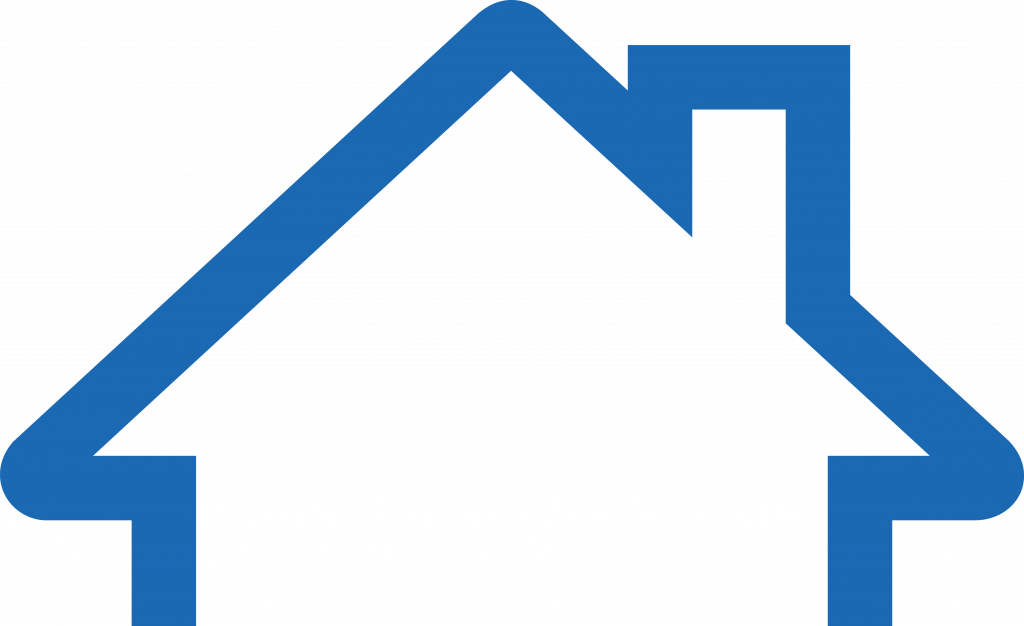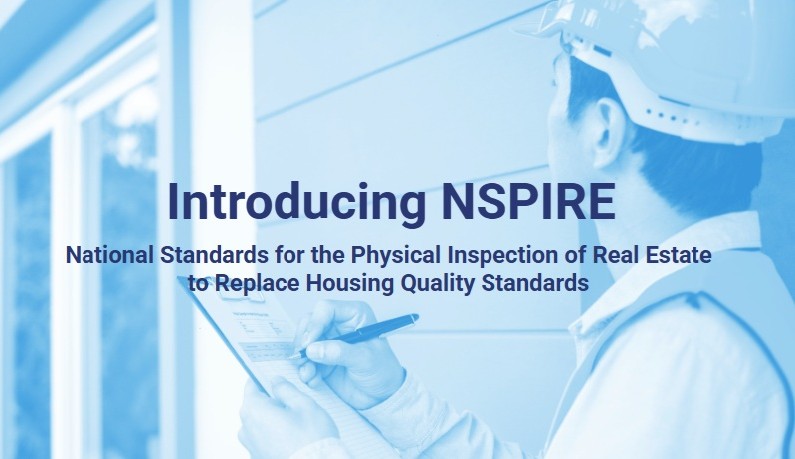
HUD-Required NSPIRE Inspection Standards for Housing Choice Voucher Tenants

NSPIRE (National Standards for the Physical Inspection of Real Estate) is HUD’s new inspection model that replaces UPCS (Uniform Physical Condition Standards) and HQS (Housing Quality Standards). It standardizes inspections across HUD programs.
The Housing Authority of the City of Pittsburgh (HACP) Housing Choice Voucher Department will begin implementing HUD’s NSPIRE Standards on Oct. 1, 2025.
The goals of NSPIRE are as follows:
- Improve Resident Health and Safety
- Strengthen Physical Standards
- Enhance Inspection Efficiency
- Promote Year-Round Maintenance
- Consolidate the housing standards and inspection processes to ensure HUD-assisted properties are safe, habitable, and well-maintained for all residents
- Align all forms of housing programs under one set of standards
- Used for Housing Choice Voucher (HCV), Project-Based Voucher (PBV), multi-family, Low-Income Housing Tax Credit (LIHTC), HOME, Rural Development, and Low-Income Public Housing (LIPH)
- Implement inspections that better reflect the true physical conditions of the property
- Streamline protocol to focus on welfare of resident
- Prioritize health, safety, and functional defects over appearance
What does NSPIRE prioritize?
NSPIRE prioritizes deficiencies that directly impact residents’ health and safety.
Examples:
- Mold
- Pests
- Broken smoke detectors
- Exposed wiring
- Non-working plumbing
What damages can tenants be held responsible for?
Some damages tenants may be held responsible for include:
- Intentional or negligent damage, such as holes punched in walls, broken windows or doors, and damaged appliances through misuse
- Fire or water damage, such as overflowing a bathtub or sink, leaving a stove unattended resulting in fire, and blocking ventilation
- Pest infestations caused by unsanitary conditions
- Litter/Garbage
- Obstructing or tampering with safety systems
- Lost or damaged locks or keys
Prior to inspections
Before the inspector arrives:
- Know your inspection date
- Be present if possible
- Do a quick clean-up and walkthrough
- Report any problems in writing to management before and after the inspection
HUD Emphasizes
- The property owner/manager is responsible for maintaining units in good repair — regardless of who caused the issue. They are not responsible for repairing tenant damages
- Tenants may be billed or held accountable for damages they caused, but landlords cannot use that as an excuse to delay repairs.
- If repairs are needed, they must still be made promptly, and disputes over responsibility can be settled separately.
Virtual Tenant NSPIRE Workshop Presentation
Below is the recording of the virtual Tenant NSPIRE Presentation from Aug. 27, 2025:
Related Links
For more NSPIRE-related information, please visit:
NSPIRE Frequently Asked Questions
Tenants’ Guide to NSPIRE Presentation
For more information on NSPIRE, please contact the Housing Choice Voucher Department at: 412-456-5090, or email: HCV@hacp.org.
